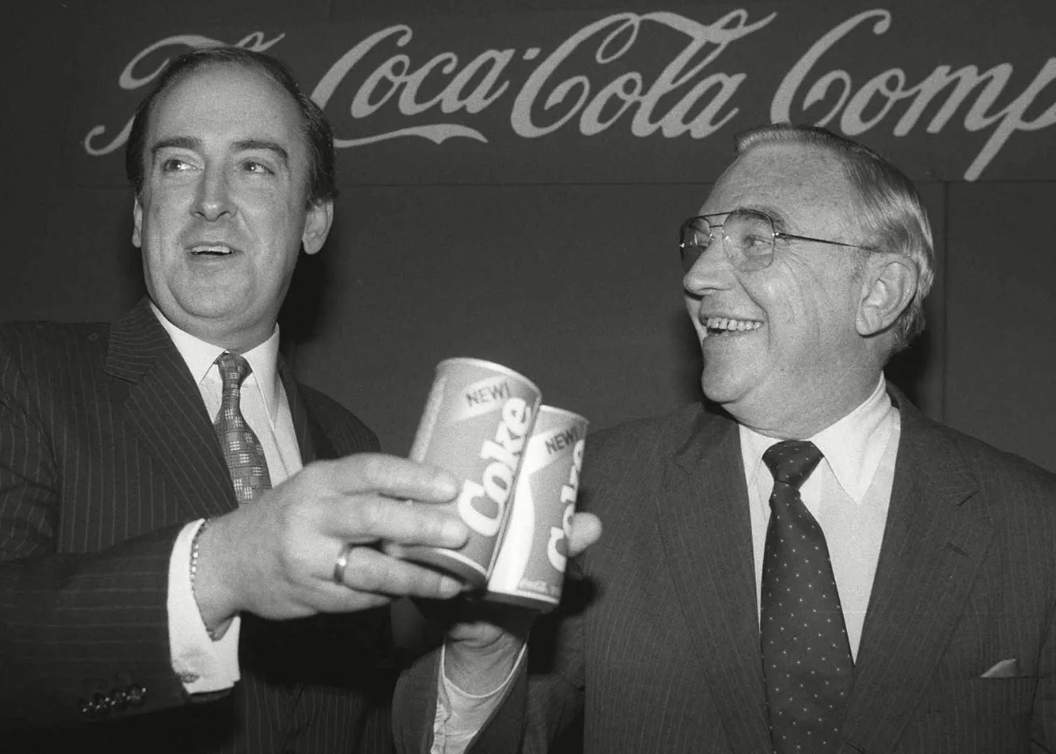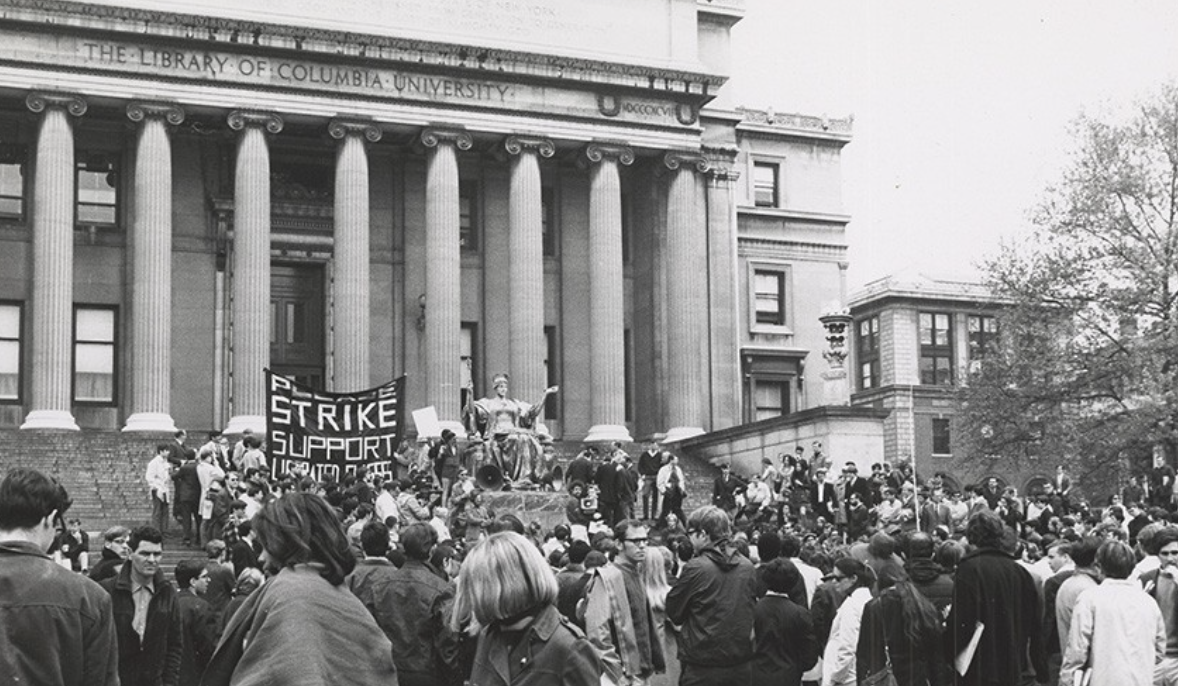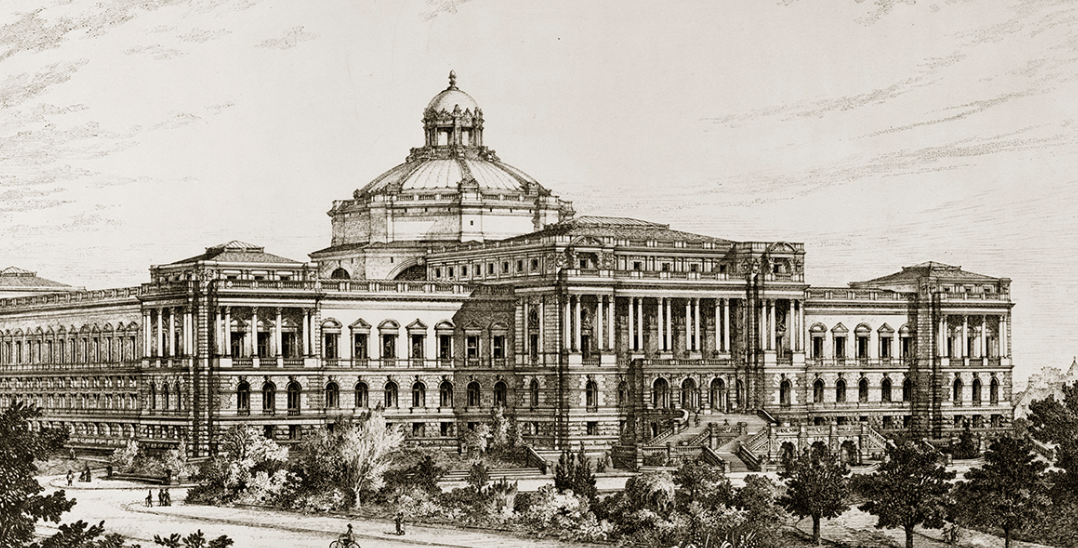On April 23rd, 1985, the Coca-Cola Company made a bold move by announcing a change in their formula for Coca-Cola, one of the world’s most popular soft drinks. The new formula, dubbed “New Coke,” was meant to address concerns about the taste of the original formula and appeal to a younger demographic.
The company had conducted extensive research and taste tests before making the decision to change the formula. They believed that the new formula would be preferred by a majority of consumers and help Coca-Cola remain competitive in the market.
However, the response to New Coke was overwhelmingly negative. Consumers expressed their dissatisfaction and even anger towards the new taste, with some even stockpiling the original formula before it disappeared from store shelves. The Coca-Cola Company found themselves facing a significant backlash from loyal consumers, who felt that the original formula was an integral part of their lives.
Less than six months later, on July 11th, 1985, the Coca-Cola Company announced that it would bring back the original formula under the name “Coca-Cola Classic.” The decision to reintroduce the original formula was made after the company realized the depth of the emotional attachment that consumers had to the original taste.
The switch back to the original formula was met with great enthusiasm from the public, and sales of Coca-Cola Classic surpassed those of New Coke within a few weeks. The “New Coke” debacle was a valuable lesson for the Coca-Cola Company and the wider business community. It demonstrated the importance of understanding the emotional connection that consumers have with products and the risks associated with tampering with a beloved brand.
Today, the Coca-Cola Company continues to thrive and innovate, but the events of 1985 remain a powerful reminder of the importance of listening to consumer feedback and the risks of tampering with a brand’s identity.









